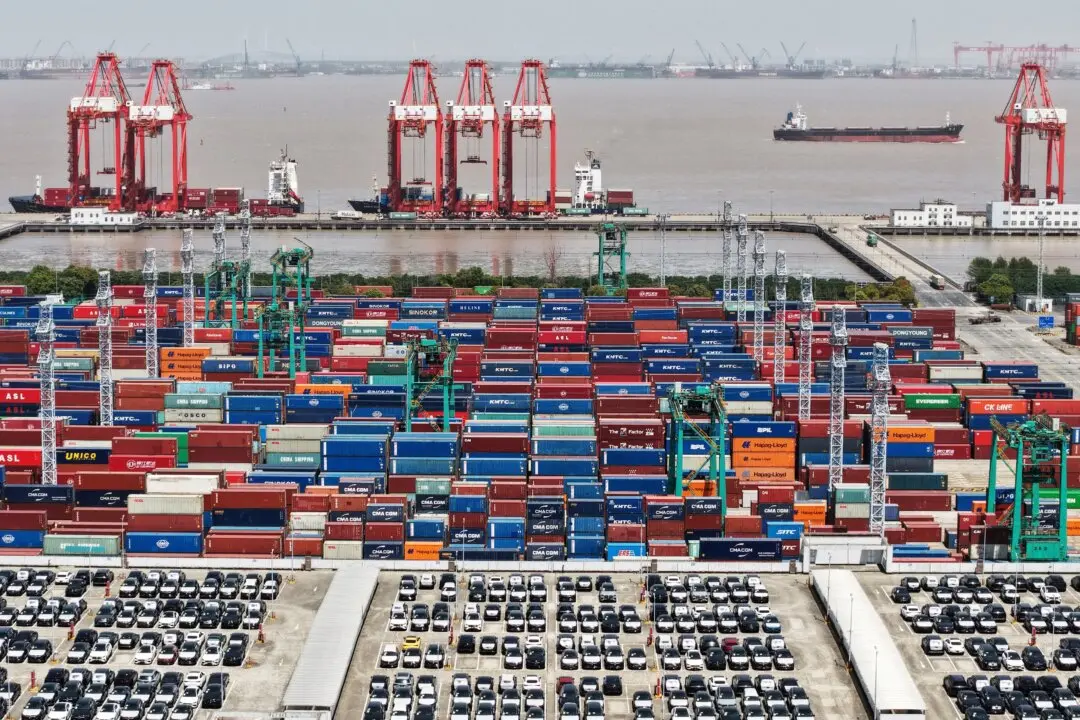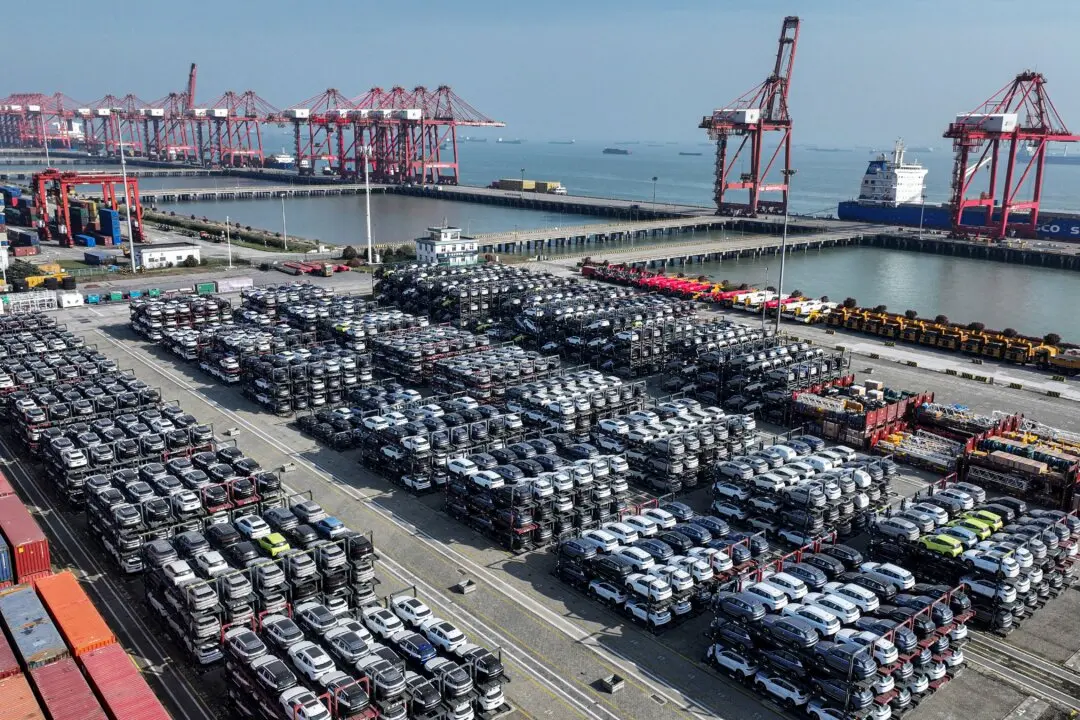Commentary
While Taiwan and the world watch yet another Chinese military display around the island, the prestigious Foundation for the Defense of Democracies (FDD) warns of a different line of attack. It has produced a report outlining the many non-military ways that communist China could harm the island, either to bend Taipei to Beijing’s will or in preparation for military action.





